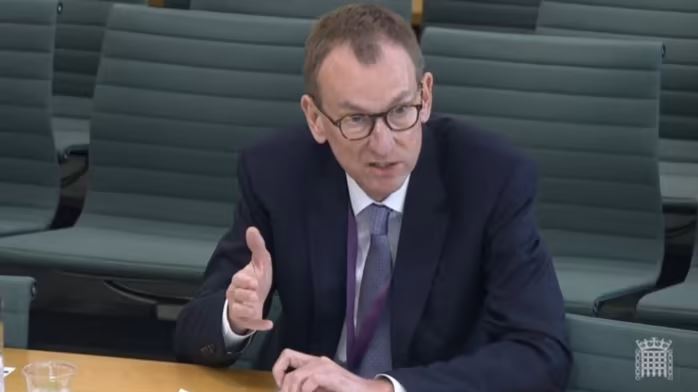Sir Tom Scholar, the veteran permanent secretary at the Treasury, has been sacked by Kwasi Kwarteng as the new chancellor moves to purge economic “orthodoxy” from UK government thinking. Scholar, who had been at the heart of economic policy for two decades, was sacked on Tuesday, the day Liz Truss became prime minister.
She has railed against “Treasury orthodoxy” and “abacus economics”. Kwarteng paid tribute to Scholar’s role in overseeing the government’s response to the 2008 financial crisis and the Covid-19 pandemic, but his face no longer fitted in a Truss administration.
Truss and Kwarteng have been determined to break the Treasury’s grip on policy; both believe the finance ministry is full of officials who favour fiscal discipline over growth. Scholar, highly popular in his department and across government, will leave the civil service after 30 years, having advised successive Labour and Conservative prime ministers and chancellors.
Allies of Scholar say that he did not oppose the £150bn energy bailout announced by Truss on Wednesday, even though it will add massively to the national debt. “Sacking him makes no sense,” said Lord Nick Macpherson, Scholar’s immediate predecessor as the Treasury’s top civil servant.
He added that Scholar was “the best civil servant of his generation” whose experience would have been “invaluable in the coming months”, as government policy placed massive pressures on the cost of government borrowing. Scholar’s removal was also badly received by permanent secretaries elsewhere in Whitehall. One said that it set a bad precedent if career civil servants were changed at the same time as ministers.
Both Truss and Kwarteng favour unfunded tax cuts as a way of boosting growth, in spite of warnings from former chancellor Rishi Sunak that they risk fuelling inflation and driving up interest rates. “Tom has been a dedicated and exceptional civil servant and I thank him for his exemplary service to the government and the country for the past 30 years,” said Kwarteng, adding that he left the civil service “with the highest distinction”.
Source: FT


